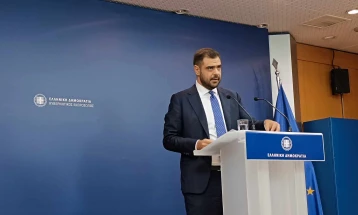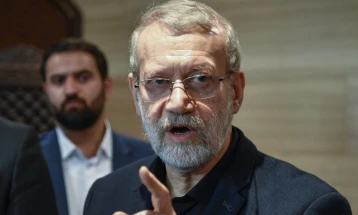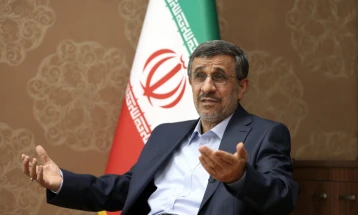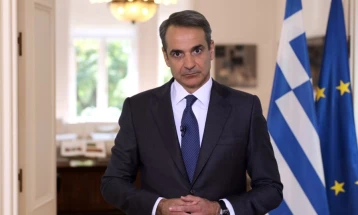Dutch voters kick off continent-wide poll in EU rife with uncertainty
- Continent-wide elections for the European Parliament kick off on Thursday, with the Netherlands the first country to vote in a poll that could see up to 360 million people across the 27 EU member states cast their ballots over four days.
- Post By Silvana Kocovska
- 09:22, 6 June, 2024
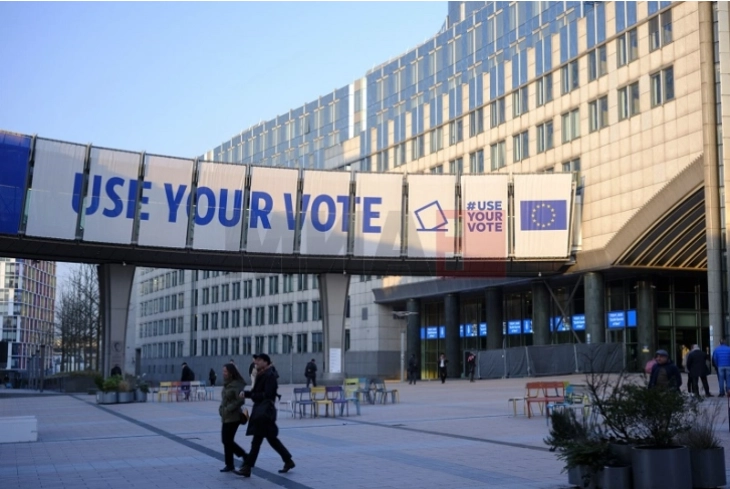
Brussels, 6 June 2024 (dpa/MIA) - Continent-wide elections for the European Parliament kick off on Thursday, with the Netherlands the first country to vote in a poll that could see up to 360 million people across the 27 EU member states cast their ballots over four days.
Emerging from the Covid-19 pandemic with economic growth subdued, shocked by the war in Ukraine, struggling to cope with rising immigration and attempting to face the dangers posed by climate change, this is a European Union election rife with uncertainty about the path ahead.
Not to mention the fact that it is the first election since the United Kingdom became the only country ever to formally leave the European Union, in 2020.
If forecasters' predictions are correct, far-right parties will do better this time around than ever before, potentially affecting everything from EU policy on migration and climate, to the choice of the next European Commission president.
In the Netherlands, polling commissioned by the broadcaster Euronews indicates that the far-right Party for Freedom (PVV) led by Geert Wilders could win 18 out of 31 European Parliament seats.
This would compound the PVV's victory in November's general election. Wilders has recently entered into a coalition government with three other right-of-centre parties.
If a good result by far-right parties in the Netherlands is replicated in other countries, they could together win dozens more seats in the parliament, which has the power to change and block EU legislation.
After the Netherlands, Ireland goes to vote on Friday, followed by Latvia, Malta and Slovakia on Saturday. The Czech Republic and Italy vote across two days: June 7-8 and June 8-9 respectively.
In the rest of the EU, elections will be held on Sunday, June 9.
Once the votes are counted and politicians are elected to their seats in the European Parliament, the political parties will form into different pan-European groups.
The centre-right European People's Party (EPP) has been the largest such group for the last 25 years, though no group has ever had a parliamentary majority.
The other current blocs are the centre-left Socialists and Democrats (S&D); the liberal-centrist Renew; the environmentalist Greens; the far right Identity and Democracy (ID) and less radical but nationalist right European Conservatives and Reformists (ECR) and the radical socialist group, The Left. There are also non-aligned parties and independents.
Once the results are in, and the new parliament begins to take shape, EU leaders will gather for an informal summit to start the process of selecting the new president of the European Commission, the most powerful executive position in the EU.
Current Commission President Ursula von der Leyen is seeking a second term. To secure the presidency, von der Leyen must get the backing of a qualified majority from EU leaders. Then, the European Parliament must approve her nomination by a majority vote.
In 2019, von der Leyen was approved by a margin of just nine votes. With the expected growth of far-right parties in parliament, she may face an even harder challenge this time holding on to her job.

